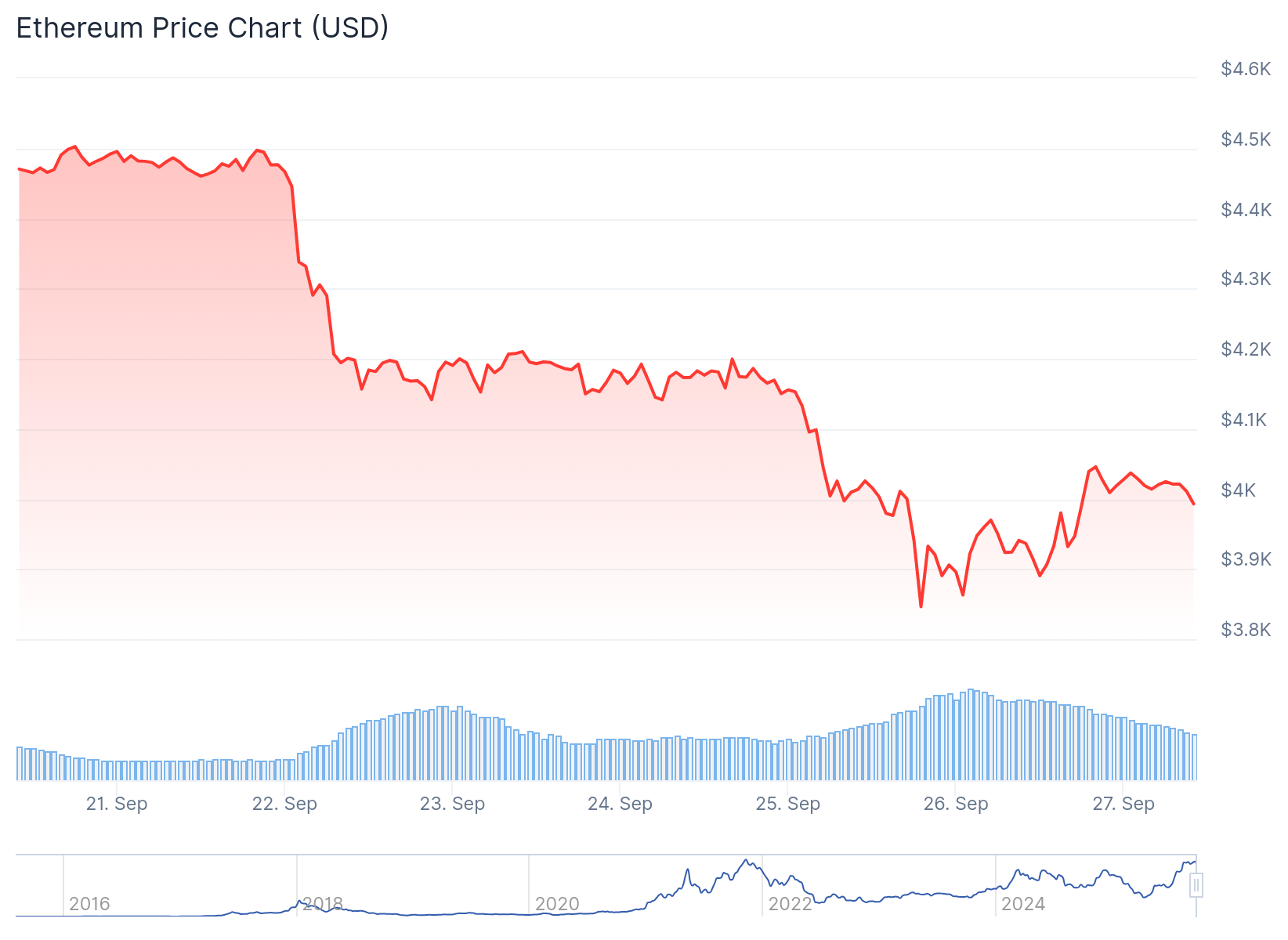Speaking to the New York Post, he argued that properly regulated stablecoins would “save the dollar” at a time when its role as the world’s dominant reserve currency is under pressure.
World Liberty Financial’s Controversial Stablecoin
Eric Trump pointed to USD1, the stablecoin launched earlier this year by his family’s blockchain venture, World Liberty Financial (WLFI), as an example of how tokenized dollars could reinforce U.S. monetary power. The initiative has not been without controversy. Lawmakers and legal experts in Washington have criticized WLFI, warning that a sitting president’s direct involvement in a profit-generating stablecoin could create conflicts of interest and blur constitutional boundaries.
Democratic lawmakers, including Maxine Waters and a group of five senators, raised alarms earlier this year, accusing Donald Trump of attempting to use the dollar for political and personal gain. Their concerns were amplified after reports surfaced that the president’s crypto-linked ventures had increased his personal fortune by billions.
Supporters See Strategic Value
Despite political criticism, some voices in finance and government view stablecoins as a tool to strengthen the U.S. currency rather than undermine it. Federal Reserve Board member Christopher Waller recently suggested that dollar-backed stablecoins could extend the greenback’s global reach, making it more accessible in international markets.
Industry leaders echo this view. Bryan Pellegrino, CEO of LayerZero Labs, described stablecoins as “the most powerful tool” available to maintain U.S. monetary dominance, especially as competing currencies and alternative payment systems challenge the dollar’s supremacy.
A Divided Global View
Not everyone agrees. Certain European institutions have warned that America’s push to regulate and promote dollar stablecoins through the GENIUS Act, passed under the Trump administration, could backfire in the long term. By entrenching digital dollars in global markets, they argue, the U.S. could unintentionally increase systemic risks or weaken trust in the fiat system that backs them.
Conclusion
Eric Trump’s defense of stablecoins adds another layer to an already heated debate over their role in the financial system. For supporters, they represent a way to digitize and extend the influence of the U.S. dollar. For critics, they blur the line between state power and private profit — especially when tied to the president’s own family business. As new regulations take shape and rival nations advance their own digital currency projects, the question remains whether stablecoins will cement or complicate the dollar’s dominance in the years ahead.
The information provided in this article is for educational purposes only and does not constitute financial, investment, or trading advice. Coindoo.com does not endorse or recommend any specific investment strategy or cryptocurrency. Always conduct your own research and consult with a licensed financial advisor before making any investment decisions.
The post Eric Trump Claims Stablecoins Could Protect the U.S. Dollar appeared first on Coindoo.















 Bengali (Bangladesh) ·
Bengali (Bangladesh) ·  English (United States) ·
English (United States) ·